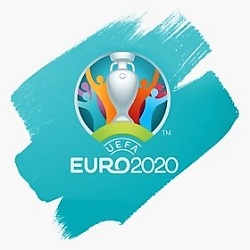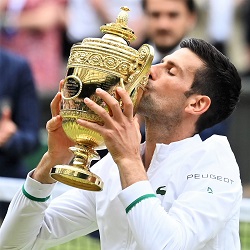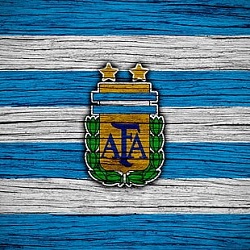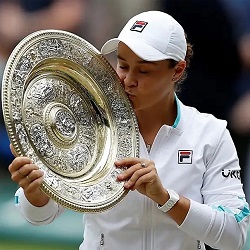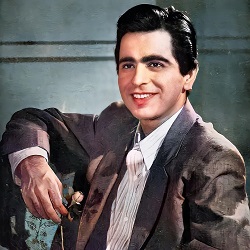SUPREME COMMANDER OF DEFENCE FORCES-PRESIDENT
MILITARY POWERS OF THE PRESIDENT
The President of India is the Supreme Commander Of Defence Forces. He appoints the Chief of the Army, Airforce and Navy. He exercises his military powers according to law Article 53. He declares war or peace that is subjected to the approval of the Parliament of India. The military powers of the President of India are less than the president of the United States.
EMERGENCY POWERS OF THE PRESIDENT
The emergencies are of three types as per the Constitution of India. The President of India has been provided with the emergency powers under Articles 352-360. These emergencies are
- National Emergency Article 352- During the war, external aggression and armed rebellion.
- The 38th Amendment Act 1975, made the National Emergency immune to the Judicial Review.
- The 42nd Amendment Act 1976, the President can restrict the operation of the National Emergency to a specified part of India.
- The 44th Amendment Act 1978, the word ‘Internal Disturbance’ was substituted with ‘Armed Rebellion’
- The 44th Amendment Act 1978, made National Emergency subjected to the Judicial review.
- President’s Rule/State Emergency/Constitutional Emergency Article 356 and 365- Failure of the Constitutional Machinery in a State.
- The 38th Amendment Act 1975, made that President’s Rule in a State/s cannot be challenged in any court on any ground.
- The 44th Amendment Act 1978, restrained the power of the Parliament to extend the proclamation of the President’s Rule beyond one year.
- The 44th Amendment Act 1978, made the President’s Rule subjected to the Judicial Review.
- Financial Emergency Article 360- Threat to the financial stability of India or in any of its State/s.
- The 38th Amendment Act 1975, made that Financial Emergency in a State/s cannot be challenged in any court on any ground.
- The 44th Amendment Act 1978, made the President’s Rule subjected to the Judicial Review.
DIPLOMATIC POWERS OF THE PRESIDENT
The President on being the first citizen and Head of the State represents India at the international arena. He receives diplomats like High Commissioners, Ambassadors etc. He deals with all the international engagements and treaties without the interference of the Parliament. Except where the legislation is required.

